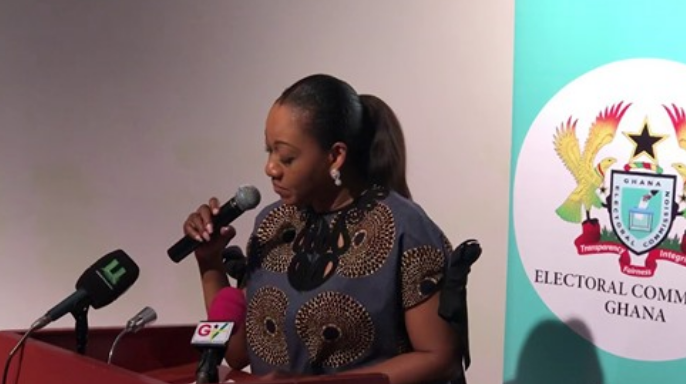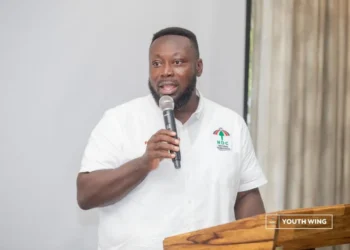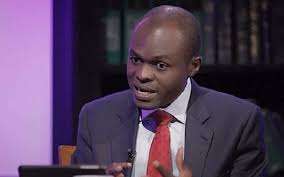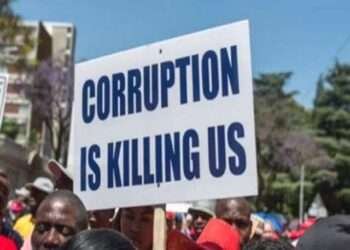The African Electoral Institute (AEI) has urged the Electoral Commission (EC) to exercise greater diligence and meticulousness in its data collation and subsequent publication in the ongoing limited voter registration exercise.
The Civil Society Organisation in a statement signed by its Director of Electoral Research Department, Seyram Mankra further called for calm in the wake of observed inaccuracies in the figures released by the EC during the ongoing limited voter registration exercise
The statement highlighted some identified significant discrepancies in the reported number of registrants by the Electoral Commission of Ghana, noting that on Day 2 of the exercise, the Electoral Commission initially reported 19,267 registered voters contrary to the sum of the regional figures published by the EC was erroneously stated as 25,287.
The statement also noted that a similar inconsistency was noted on Day 3, where the reported total was 48,616 registrants instead of the correct figure of 43,417.
The African Electoral Institute in its statement decried how such inaccuracies have sparked discussions between the two major political parties, with debates featured prominently in major news media.
According to the Civil Society Organization, the situation underscores the importance of accuracy in electoral data, which is crucial for maintaining public trust and ensuring the integrity of every electoral process.
The Institute, while acknowledging that the Electoral Commission is a human institution susceptible to errors, however, admonished the electoral body to implement stringent quality control measures to avoid such blunders in the future.
The statement emphasized that accuracy should take precedence over speed in data publication.
It called for thorough, detailed and comprehensive review of data by the country’s electoral management body, arguing that delaying the release of figures by a few hours to ensure their correctness would be far more beneficial than hastily publishing inaccurate data, which may require or necessitate subsequent corrections and undermines the Commission’s credibility.
“There is no need for the EC to rush in publishing figures. Ensuring accuracy will prevent avoidable mistakes and preserve the reputation of the Electoral Commission”
Director of Electoral Research Department of the African Electoral Institute, Seyram Mankra
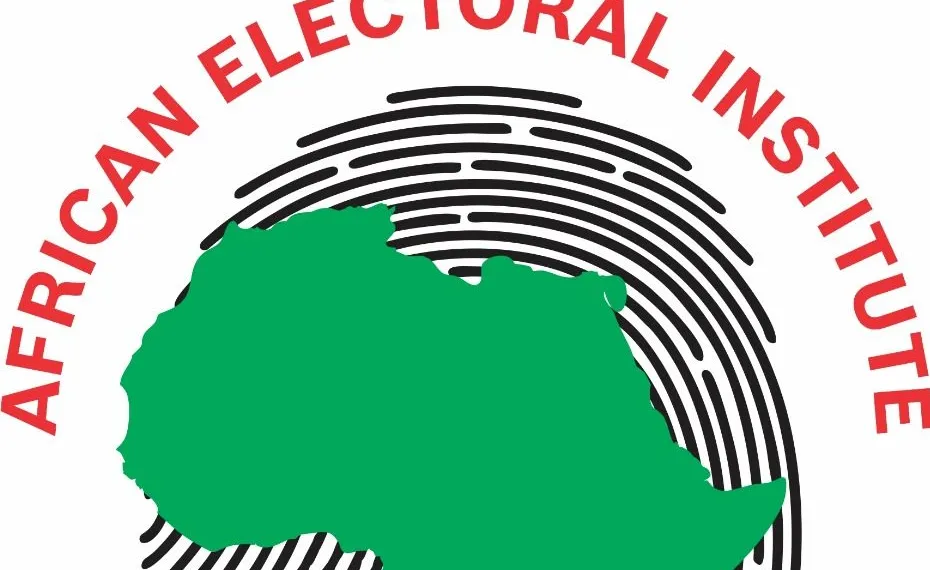
Call for Effective Partnership
Moreover, the African Electoral Institute underscored the importance of the Electoral Commission’s continuing its collaboration with the Inter-Party Advisory Committee (IPAC) to ensure the delivery of credible elections.
Such partnership and collaboration, in the view of the Institute, is very crucial for fostering confidence among Ghanaian voters in the ongoing electoral process and ahead of the upcoming general elections.
The Director of Electoral Research Department of the African Electoral Institute, Seyram Mankra concluded the statement by emphasizing the need for the Electoral Commission to uphold meticulousness and due diligence in all aspects of electoral management.
The statement stressed that by upholding these principles, the Electoral Commission can enhance its operational credibility and contribute to the conduct of free and fair elections in Ghana.
The African Electoral Institute ( AEI) is a Civil Society Organisation (CSO) founded to deliver sustainable electoral solutions to emerging and developed democracies to strengthen, augment, and build electoral stakeholders capacity and participation on electoral issues.
The Institute seek to accomplished its vision through electoral education on voter’s rights and freedom, electoral research, election monitoring, election observation, election results collation, election security awareness and training of polling agents and elections directors underscoring the fact that “elections are won at the polling stations’,
The Institute is equally concern with the participation of all identifiable electoral stakeholders in an electoral process such as political parties, governmental institutions, promoting transparency and accountability for a free, fair, and credible elections in Africa and the world.
READ ALSO: Ghana’s Currency Woes, Turning Crisis into Economic Opportunity

